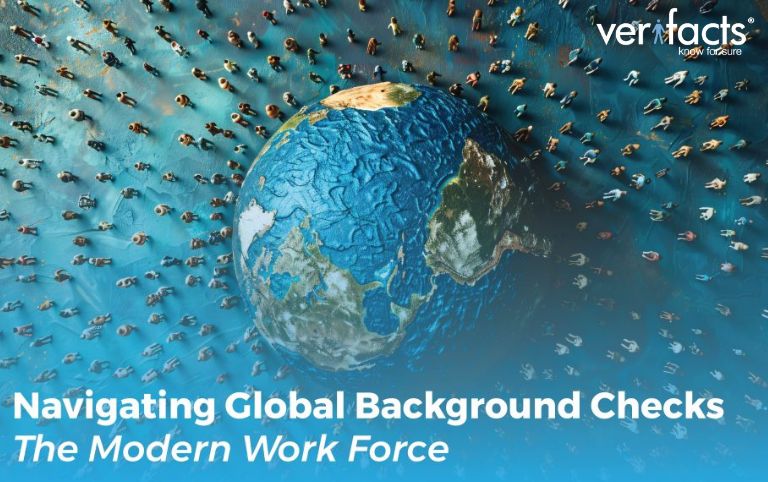
The global workforce is undergoing a rapid transformation. International career opportunities are not just desirable — they are becoming a necessity for organizations striving for innovation, cultural intelligence, and global market reach. According to projections, international assignments will rise by 50% by 2025, building upon the 25% growth witnessed in the past decade.
This surge is driven by the interconnectedness of knowledge, trade, technology, capital, and goods — creating a dynamic ecosystem where employees frequently cross borders to seize new opportunities.
1️⃣ Career Advancement Through Mobility
-
International postings are increasingly viewed as career accelerators.
-
Executives gain exposure to diverse markets, business models, and cultures — building the global mindset essential for leadership.
2️⃣ Competitive Edge in India 🇮🇳
-
In India, executives with international assignments on their resume enjoy a distinct advantage.
-
Global exposure signals adaptability, leadership skills, and strategic vision — making such professionals highly sought after in competitive industries.
As global mobility increases, so does the risk for employers. The challenge lies in ensuring authenticity, compliance, and risk mitigation across borders.
-
🌐 Sectors at High Risk: Financial services, IT, and SMEs face increased vulnerabilities if global checks are inadequate.
-
⚖️ Compliance Requirements: Each country enforces different regulations, making it crucial for companies to stay aligned with international laws and standards.
-
⏱️ Quick, Reliable, and Accurate: Employers need solutions that combine speed with reliability, ensuring no disruption to business operations.
Verifying a candidate with experience across multiple countries is rarely straightforward. Companies often grapple with key questions:
-
Should the employer’s country laws take precedence?
-
Should checks follow the laws of the employee’s current location?
-
Or should they align with the country where verification is being conducted?
The complexity deepens for professionals with international education and multi-country work histories, as each jurisdiction has different privacy, data protection, and employment laws.
This is where specialized background screening partners play a crucial role:
-
Expertise in Global Laws 📜
-
They understand the nuances of local compliance across countries.
-
They ensure organizations avoid legal pitfalls while maintaining ethical verification practices.
-
-
Cultural Sensitivity 🌎
-
Screening partners must interpret records within the context of cultural norms and expectations.
-
This ensures accurate, unbiased assessments.
-
-
Safeguarding Corporate Reputation 🏢
-
A single lapse in verification can cause irreparable damage to brand trust.
-
Reliable screeners act as the first line of defense, protecting both the organization and its workforce.
-
1️⃣ Prevent Delays in Business Outcomes 📉
-
Delayed verifications can slow down hiring, international transfers, and project execution.
2️⃣ Mitigate Risks 🚫
-
Inadequate checks may lead to fraudulent hires, reputational damage, or regulatory penalties.
3️⃣ Non-Negotiable Integrity ✅
-
Companies must treat background verification as a strategic investment, not a mere formality.
-
Cutting costs or rushing the process can backfire with long-term consequences.
The rise of global assignments highlights the urgent need for robust, reliable, and compliant international background verification systems. As executives cross borders to seize opportunities, companies must protect themselves against risks by partnering with experienced, globally competent screening providers.
With 50% more international assignments expected by 2025, organizations that prioritize comprehensive background checks will:
-
🌍 Build globally resilient teams
-
🛡️ Safeguard reputation and compliance
-
🚀 Accelerate business outcomes
-
👥 Foster trust with employees and stakeholders
In today’s interconnected world, global background verification is not just about hiring the right talent — it is about building a foundation of trust, integrity, and global competitiveness.

